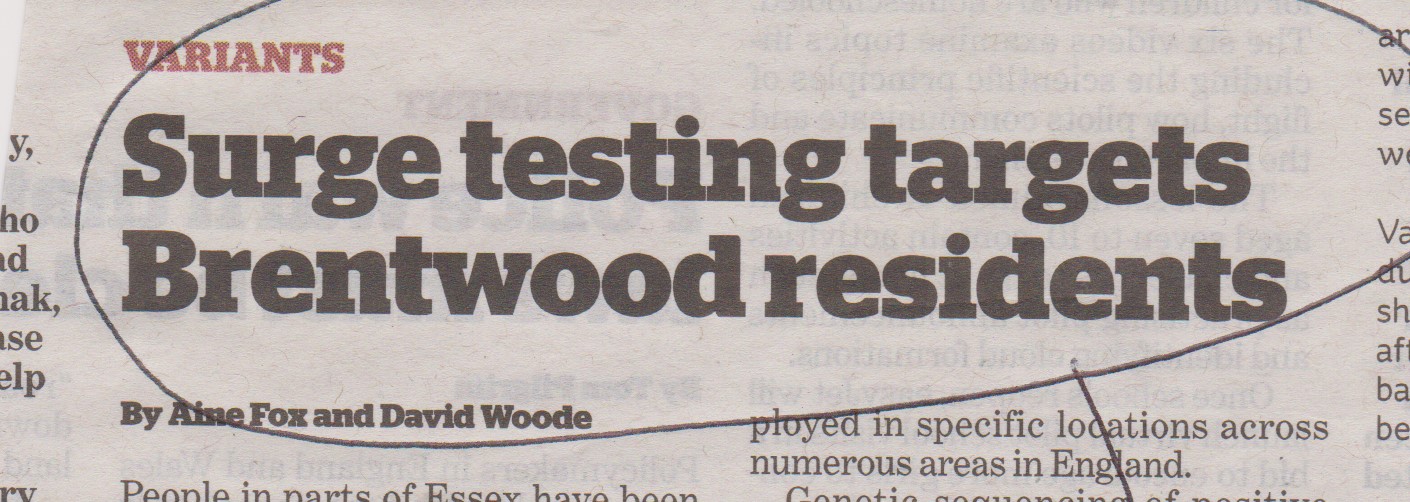 i newspaper, February 22, 2021
i newspaper, February 22, 2021
One surefire way of ensuring that 99.9 per cent of readers ignore a story is to put the name of a small Essex town into the headline. What possible interest could it be to anyone who does not live in Brentwood? You just do not do it. You might get away with London, Manchester, Liverpool or Birmingham but that is about it, and then only if it is really necessary.
This is one of the first things I was taught as a trainee sub-editor. It is not some idiosyncrasy but obvious common sense. Is there any training at all now, or can anyone call him or herself a sub-editor and take money under false pretences?
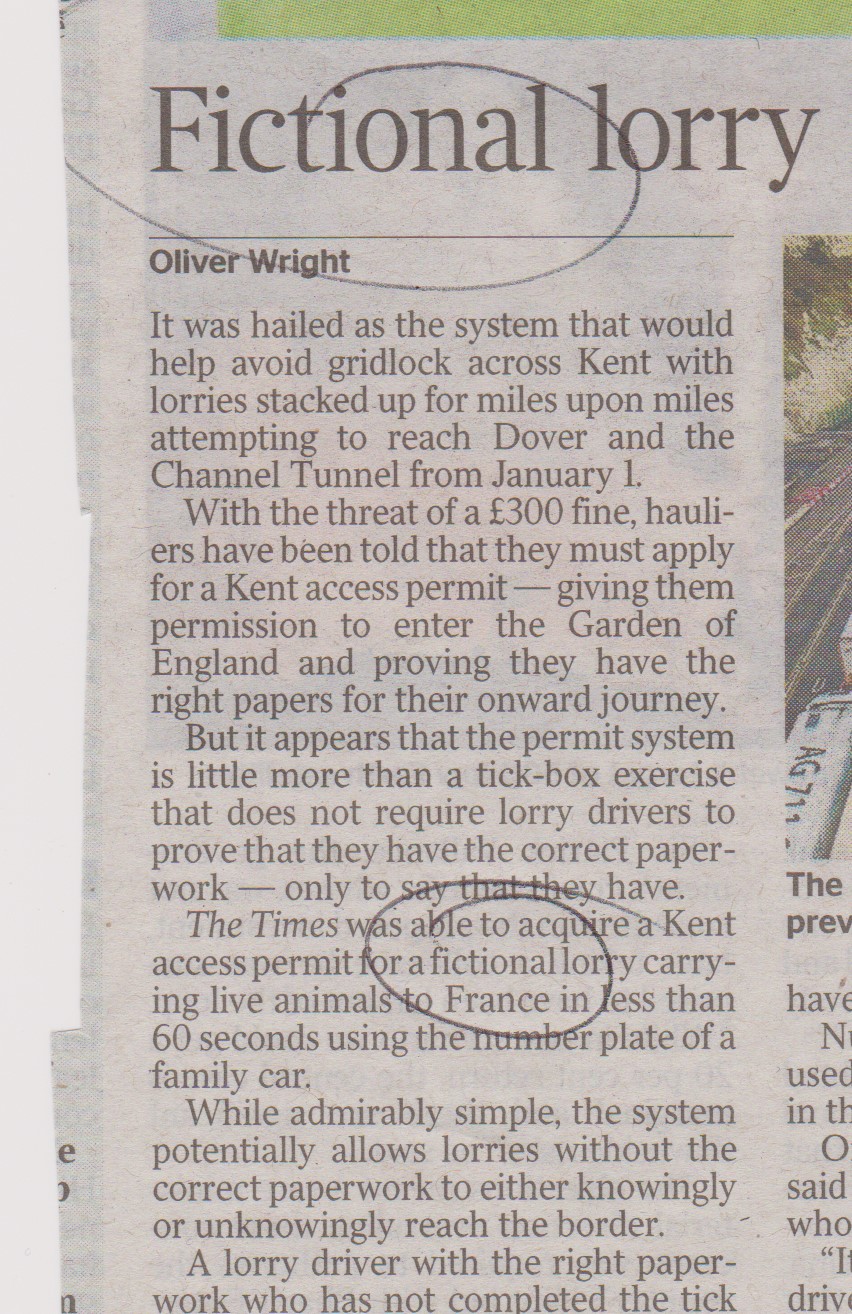 The Times, December 19, 2020
The Times, December 19, 2020
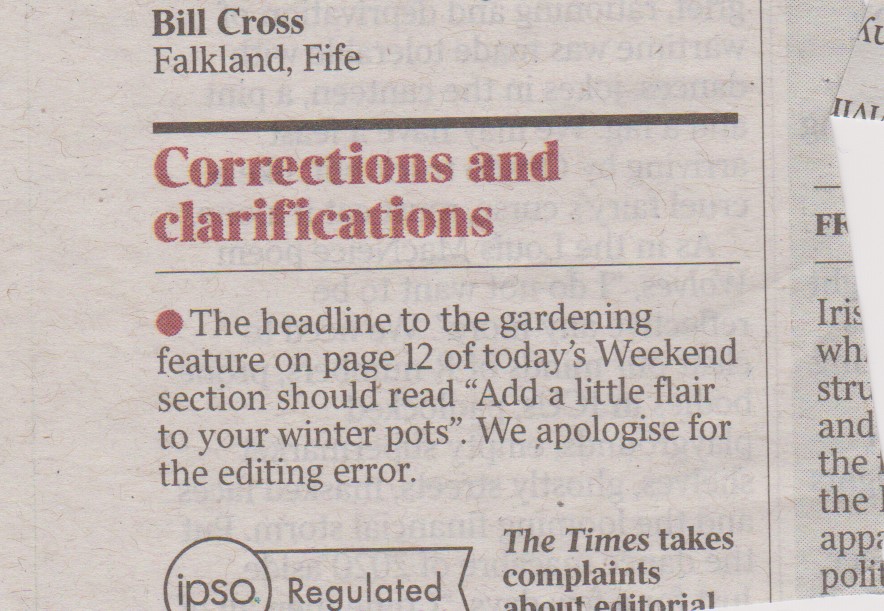
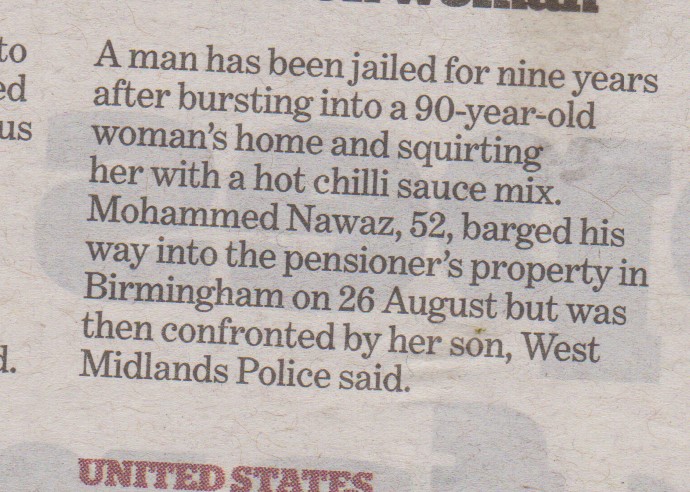

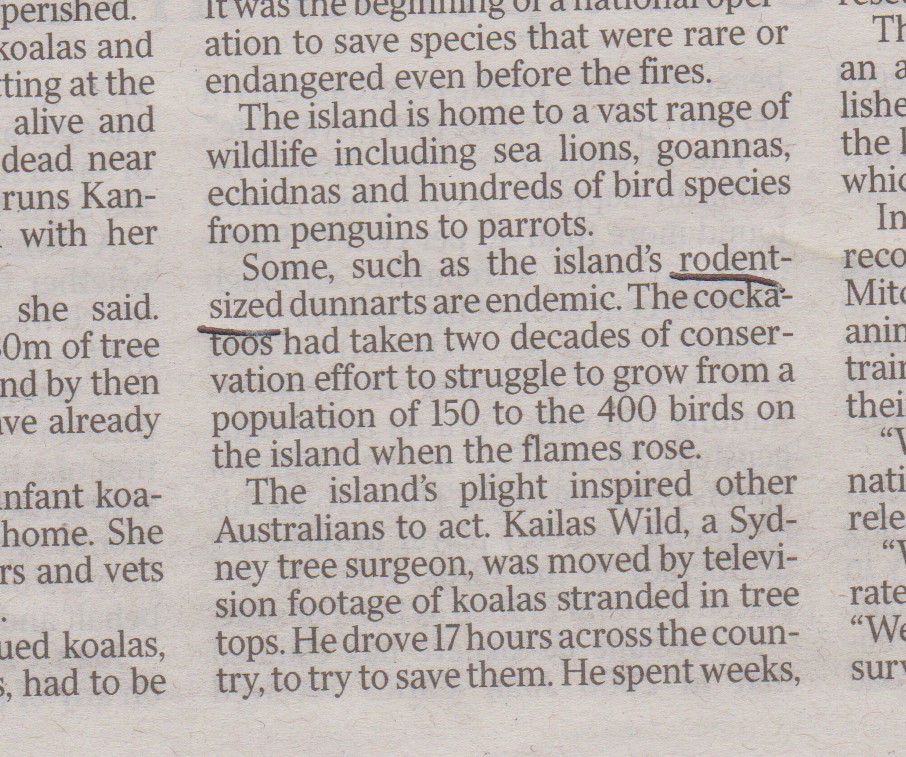

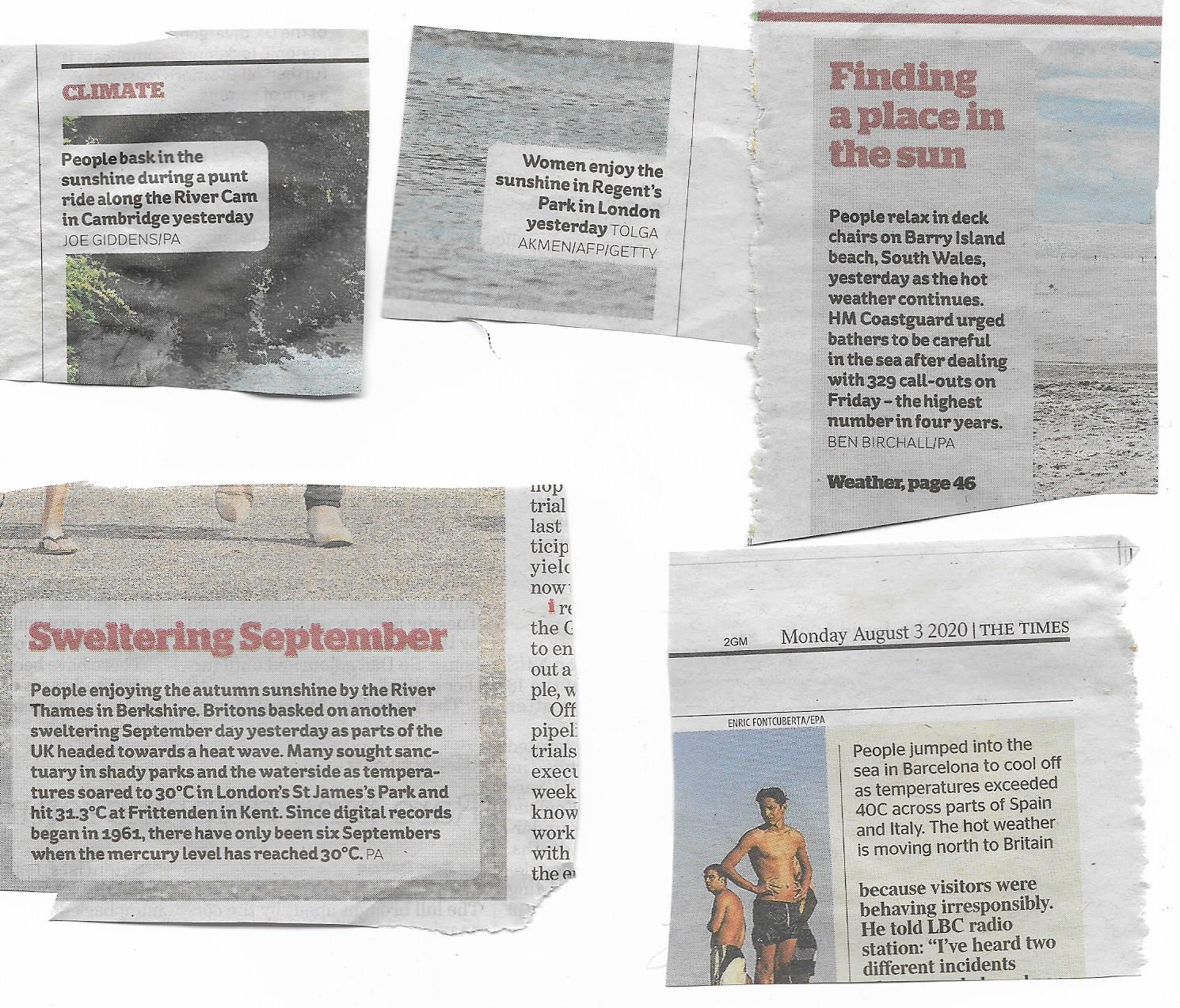

 i newspaper, September 7, 2020
i newspaper, September 7, 2020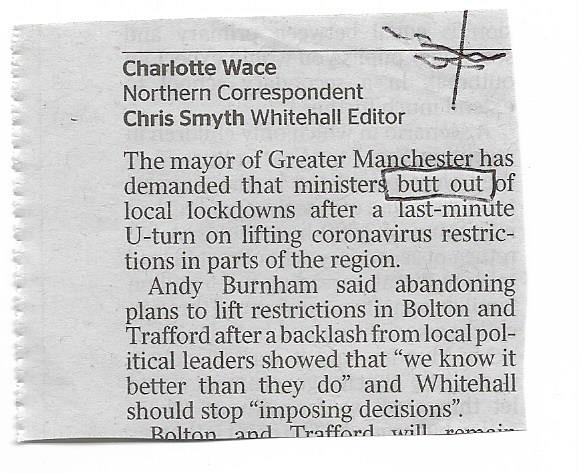 The Times, September 3, 2020
The Times, September 3, 2020